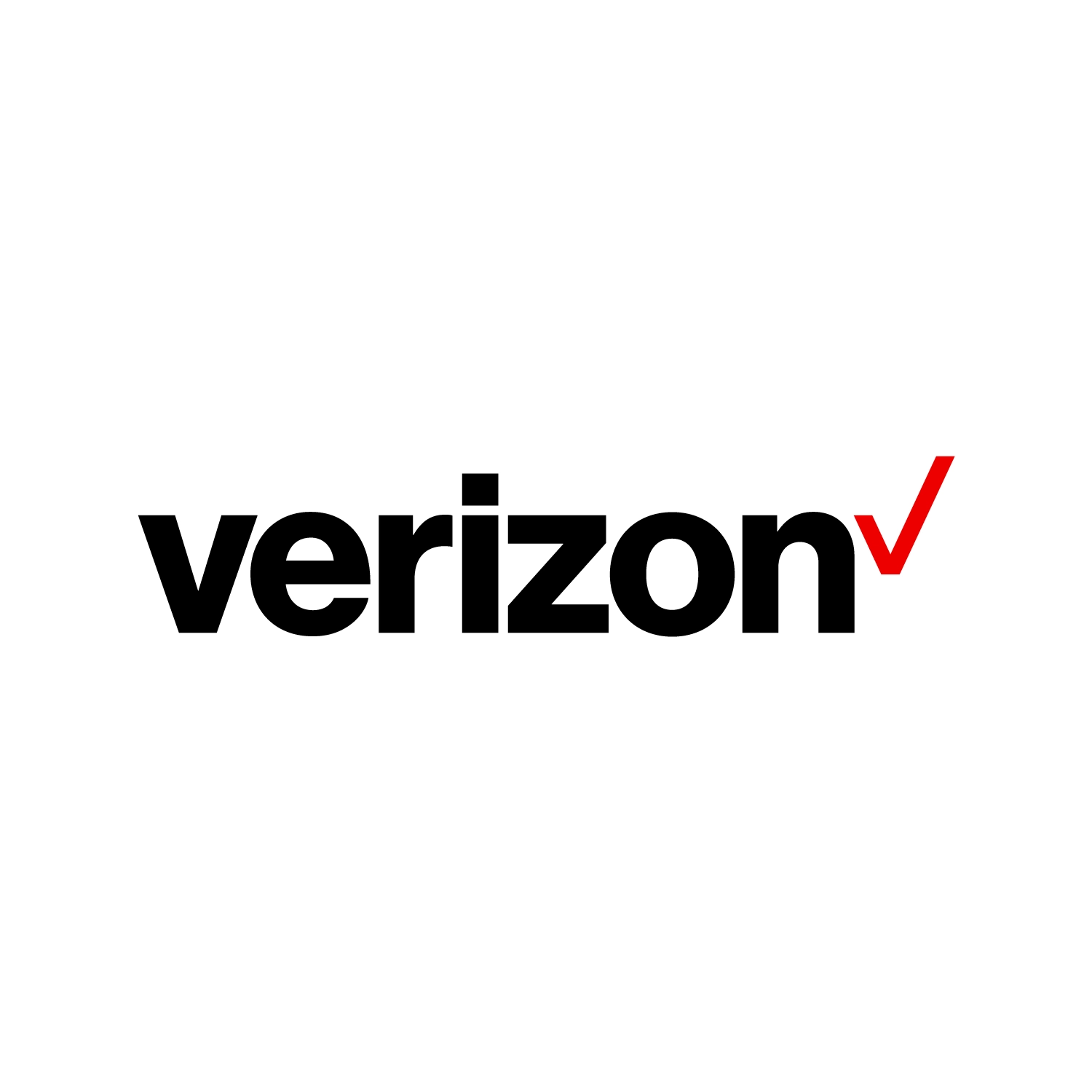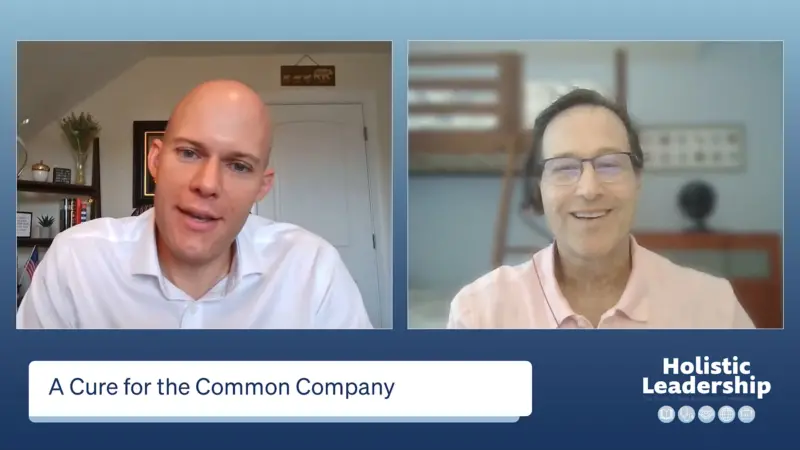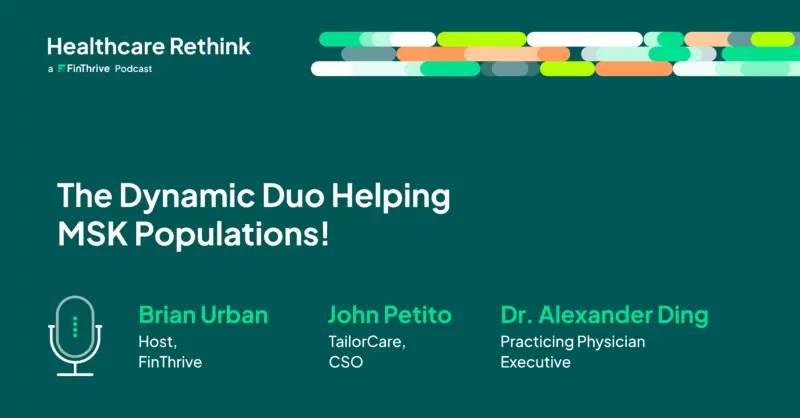The Hospital Blueprint of the Future. Part 2 of 2.
The healthcare industry generates more than 19 terabytes of clinical data annually, and that number is only growing as technology advances and more data becomes available from innovations such as patient monitoring devices. How can hospitals keep up? One method in the works is furthering edge computing capabilities to improve remote patient monitoring, automate care, and improve diagnostic speed and accuracy, according to Hewlett Packard.
What, exactly, is edge computing and how can hospitals implement it to improve care efficiency and quality?
On today’s episode of Healthcare on Air presented by Verizon, host Lea Sims is joined by Danny Johnson, Senior Director 5G | MEC and Connectivity, and Gary Lynch, Global Practice Lead – Healthcare and Life Sciences, both of Verizon, to talk about the power of product networks and edge computing to drive real-time insight for the hospital of the future and blueprints for getting hospitals to where they want to be with real-time innovations.
Sims, Johnson, and Lynch also discussed:
- Where edge compute capability meshes with AI to create meaningful use cases
- Why real-time is a game-changer and whether real-time capability is a realistic goal
- Barriers today for hospitals and health systems when it comes to road mapping toward a fully private-networked edge-enabled reality
Lynch explained, “Imagine being able to layer that [high fidelity imagery] on top of a patient so that a clinician could put on a pair of glasses and can see where the tumor is—guide his or her incision. Do a digital twin of the spine, if you will, and twist it, expand it…those are the things that edge is going to enable.”
Johnson commented on the importance of network as a service: “The practical reality is that no healthcare system functions in of a vacuum. There are those needs—you have local needs, you have outside of local needs, you have mobile needs in and out, you know, of the local and to the home and everywhere in between. And so, this is where the hybrid approach becomes critical. And this is where the network as a service component really thrives. And that is to be able to interconnect all these different systems, whether it’s a wired or wireless modality doesn’t matter. But how do you interconnect them in such a way that all of that data can be fed into a central compute infrastructure, as an example, where the applications are being supported by that central compute structure or distributed as a use case?”
Danny Johnson is Senior Director 5G | MEC and Connectivity at Verizon and previously worked as Director, Public Sector Marketing, Director of Marketing, Group Manager – Technology Business Consultant, and Group Manager – Solutions Architect at Verizon. Johnson holds a B.S. in Electrical Engineering from George Mason University.
Gary Lynch is Global Practice Lead – Healthcare and Life Sciences at Verizon. His previous work experiences include roles as Patient Access Specialist at UnitedHealthcare, VP, Optum Analytics and Accountable Care Solutions and VP Optum360 at UnitedHealth Group, in addition to Managing Partner at IM-Group. He earned degrees in Organizational Leadership and Business Administration from Southern Methodist University and the University of North Texas, respectively. Lynch also has a B.S. in Clinical Nutrition and a Master’s Degree in Healthcare Administration and Dietetics, both from Texas Women’s University.



